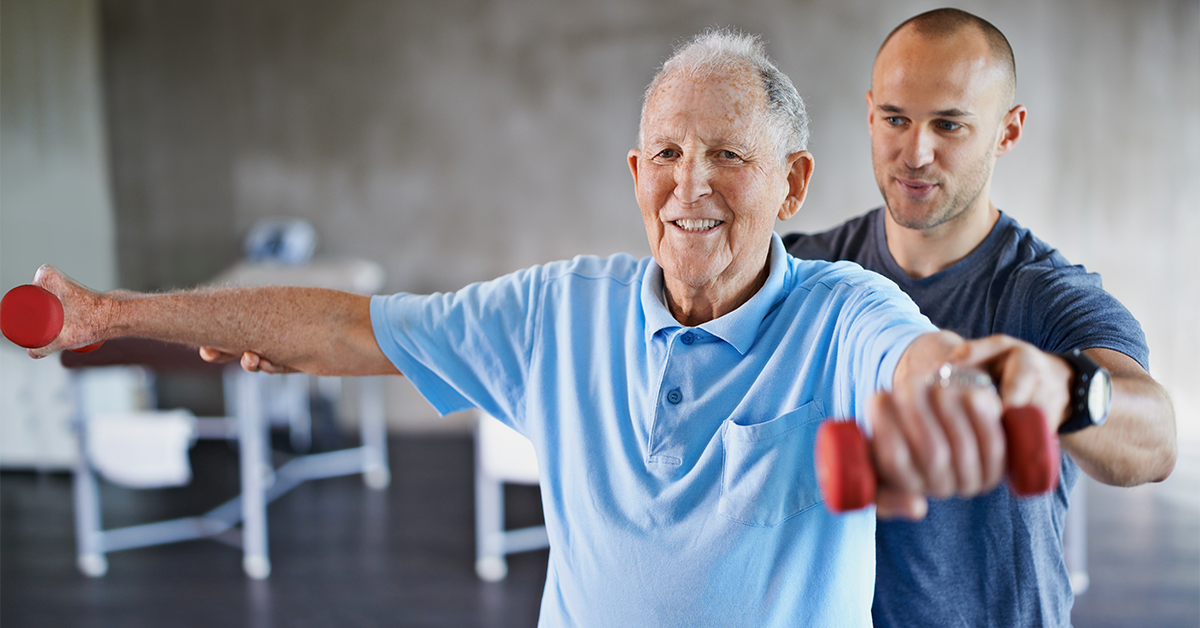Car accidents can have a significant impact on the body, leaving individuals with injuries that can hinder their daily lives. In such cases, seeking the help of a kinesiologist and participating in ICBC active rehab programs can be instrumental in the recovery process. Kinesiology, the study of human movement, plays a crucial role in helping individuals regain their strength, mobility, and function after a car accident.
The Role of Kinesiologists in Car Accident Recovery
A kinesiologist’s role in rehabilitating a car accident victim is multifaceted. Initially, they conduct thorough assessments to understand the extent of injuries and limitations. These assessments include evaluating muscle strength, flexibility, joint stability, and overall functional capability.
Based on this assessment, kinesiologists develop a customized rehabilitation plan that targets the specific needs of the patient. This plan may involve a combination of strength training, stretching exercises, and other modalities designed to enhance recovery and functional independence. Throughout the rehabilitation process, kinesiologists monitor progress, adjust exercises as needed, and provide constant encouragement and support.
Moreover, kinesiologists are instrumental in educating patients about ergonomics and safe movement practices. Understanding how to perform daily activities without causing additional strain or injury is a crucial component of long-term wellness. This education empowers patients to be proactive participants in their recovery process.
ICBC Active Rehab: A Pathway to Recovery
ICBC active rehab is designed to support the physical and functional recovery of car accident victims. With the assistance of a kinesiologist, patients engage in exercise programs tailored to their specific injuries and recovery goals. These programs aim to enhance mobility, strength, coordination, and stamina, enabling individuals to return to their everyday activities with confidence.
The integration of active rehab into a recovery plan can significantly improve outcomes. By utilizing evidence-based techniques, kinesiologists working within this framework ensure that patients receive comprehensive care that addresses both immediate injuries and long-term health. Access to such specialized care can be a game-changer for those on the road to recovery, offering both peace of mind and tangible progress.
The Benefits of ICBC Active Rehab in Recovery
Active rehab is a critical component of the recovery process after a car accident. Unlike passive forms of therapy, such as massage or electrical stimulation, active rehab involves the patient actively participating in their treatment through physical exercises and activities. The benefits of this approach are numerous, including:
1. Enhanced Mobility and Flexibility: Exercises tailored to improve range of motion help restore physical function that may have been compromised due to injury or immobility.
2. Improved Strength and Stability: As patients engage in structured exercise programs, they build muscle strength and joint stability. This not only aids in pain reduction but also prevents future injuries by enhancing overall body support.
3. Pain Reduction: Active movement helps increase blood flow and promote healing while releasing endorphins, the body’s natural pain relievers. This can result in decreased pain levels, allowing patients to engage more confidently in daily activities.
4. Boosted Mental Health: Regular physical activity has been shown to reduce anxiety and depression, common mental health challenges faced after an accident. By partaking in active rehab, patients often experience improved mood and mental resilience.
5. Faster Recovery Times: Engaging in active rehab from an early stage can expedite the healing process. By preventing muscle atrophy and promoting consistent progress, active rehab helps patients return to their pre-accident level of activity more swiftly.
Steps to Begin ICBC Active Rehab with a Kinesiologist
For individuals considering active rehab following a car accident, initiating the process is relatively straightforward. Here are the steps typically involved:
1. Consultation and Referral: ICBC enhanced care provides 12 pre-approved treatments with a kinesiologist for the first twelve weeks after your accident without a referral from your healthcare provider. If you require treatment beyond the first twelve weeks, our team can reach out to your recovery specialist to apply for treatment on your behalf.
2. Initial Assessment: Schedule an appointment with a kinesiologist for an initial assessment. This evaluation will serve as the foundation for creating your personalized rehabilitation plan.
3. Personalized Program Design: Based on the assessment, the kinesiologist will design a program targeting your specific needs and goals.
4. Active Participation: Engage actively in your rehabilitation exercises and communicate openly with your kinesiologist about any concerns or progress.
5. Regular Progress Evaluation: Attend follow-up sessions regularly to assess improvements and adjust your rehabilitation plan as necessary.
6. Ongoing Education: Learn about techniques and lifestyle changes that will contribute to long-term health and prevent future injuries.
Start Your Journey to Recovery with Karp Rehabilitation
Kinesiology and active rehab offer a structured, evidence-based pathway to recovery after a car accident. With multiple locations throughout Greater Vancouver, our team of experienced kinesiologists specialize in personalized programs to help you recover from injuries, including those covered by ICBC. Contact us today to find relief and get back to your active lifestyle with our tailored rehabilitation services.

